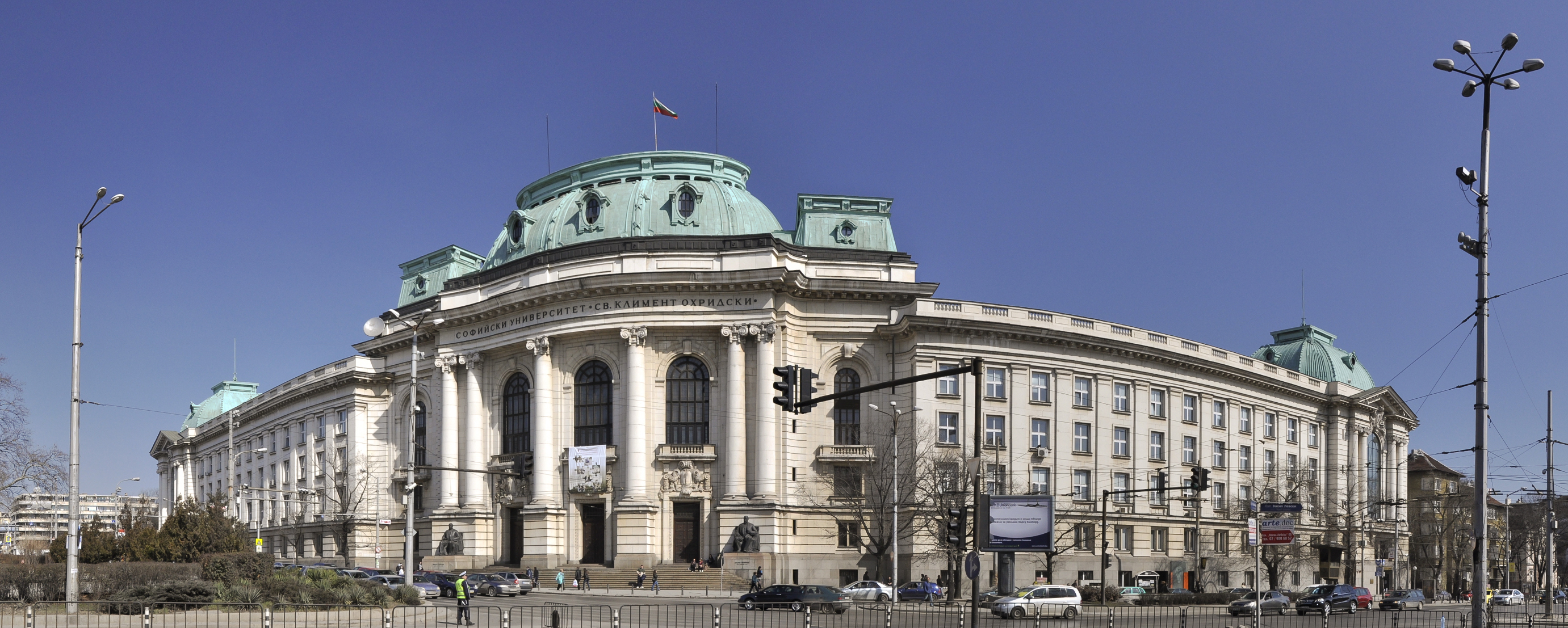By analysing Foreign Direct Investment (FDI) indicator one can get a sense of a country’s risk perception and its suitability as an outsourcing destination. Today we review FDI in Bulgaria, one of the leading outsourcing locations in Eastern Europe.
In 2009 Bulgarian GDP contracted by 5.6 per cent as Bulgaria was hit by the economic crisis. FDI have contracted from 30% of the GDP in pre-crisis level to just 4.5% of GDP in 2010. Here is a summary of FDI fluctuation in Bulgaria over the past two decades and signs of recovery for 2011.
During the late 1990s, Bulgaria’s geographic location and its low GDP and inflation rate made it a popular destination for foreign direct investment (FDI) so that in the period between 2000 and 2005, Bulgaria was viewed as the third most popular FDI destination among the countries in the South Eastern European region, with Turkey and Romania preceding it. In these years Bulgaria started to receive significant foreign capital and funds which allowed for a transfer of technology, skills and job opportunities.
During the last decade, the country became an attractive FDI destination due to three main circumstances. Firstly, because Bulgaria had a rather low GDP, there was significant room for growth and the GDP rates and growth of inflation Bulgaria achieved during the 2000-2005 period appeared promising. Secondly, the strengthening of the national economy coincided with Bulgaria’s accession to the EU in 2007 which caused further FDI inflow. According to the Vienna Institute for International Economic Studies, FDI have more than doubled from Euro 2.7 billion in 2004 to Euro 6.2 billion in 2006. Thirdly, as a result of regional trade and market cooperation, Greek FDI had already become a major inflow of investment in Bulgaria’s industry. Thus, by the end of 2008 Bulgaria’s national economy had become one of the most FDI heavily reliant countries in the Central and Eastern Europe region, attracting Euros 6.7 billion.
However, shortly after this FDI growth period, significant problems began to emerge. Ever since Bulgaria’s accession to the EU, the country has been failing to meet EU economic regulation standards. It has had issues with bureaucracy and corruption and, moreover, its cumbersome administrative procedures have not made trading transactions easy. Nonetheless, the most significant factor affecting FDI markets worldwide, the global financial crisis of 2007-2008, saw Bulgaria somewhat less hit than other economies, due mostly to the country’s relative ‘poorness’. Still, with the shortage of worldwide market liquidity and the rise of private debt, Bulgaria’s economy did contract and the flow of FDI significantly decreased.
By 2010, Bulgaria had a negative FDI inflow of 62.5 million Euro for the April-January period followed by another contraction of 26.9 million Euro for the same period so far in 2011 according to data provided by the Bulgarian National Bank. For the most part, it is considered that a significant volume of FDI for the period between 2008 and 2011 has failed to generate absorptive capacities and productivity growth. Furthermore, during the time of a financial recession when global market liquidity of funds is widely unavailable, the most stable FDI sectors are deemed to be the processing industry, energy and telecommunications. As it happens, however, in Bulgaria the major FDI sectors are finance, retail and real estate, with FDI being 70-80% spread among these sectors in 2008, and shrinking to 24% in 2010.
Although the first half of 2011 has seen a doubling in FDI inflow, it still remains a negative figure with very little growth. According to experts from the Invest Bulgaria Agency, an inflow of about 1.0 billion Euro can be expected in the finance, property and retail sectors, and 1.5 billion Euro spread among other sectors. A lucrative concession is that of Sofia airport which is hoped to provide new trading and job opportunities. Another factor to be taken into consideration though is the fact that Greek debt restructuring further delays FDI recovery for Bulgaria. Nevertheless, every cloud has a silver lining and with Ernst & Young’s expectation of Bulgarian GDP growth of 3.2% in 2011, some overall outflow of capital and growth could be foreseen.













